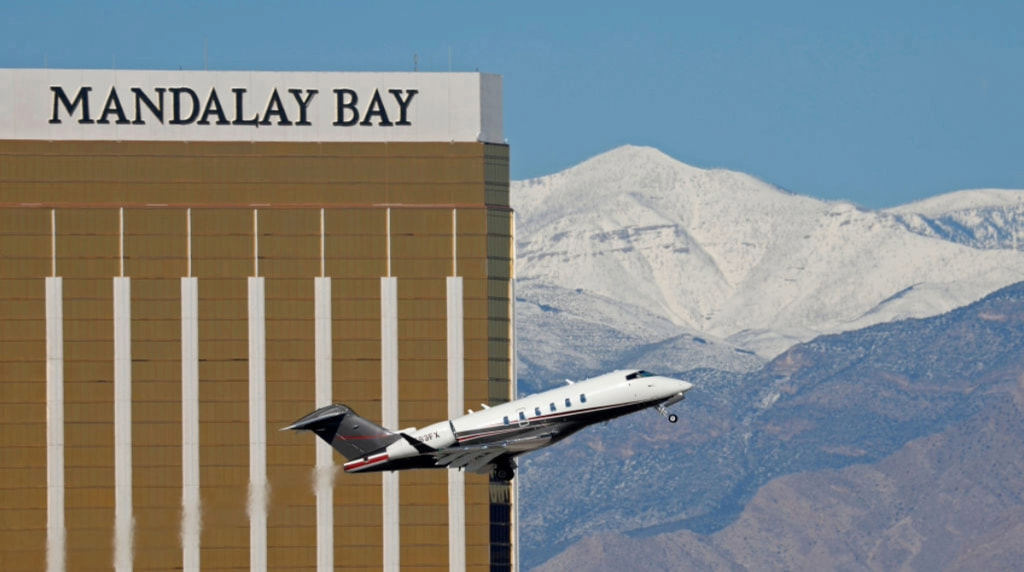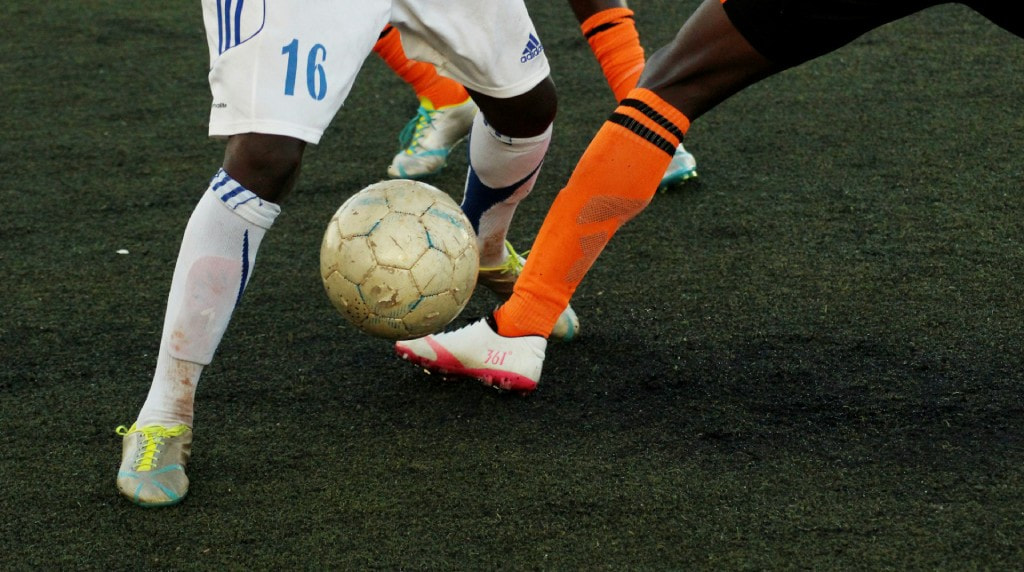BOS backs decision to hike license fees for the underfunded Swedish Gambling Authority
In December 2022, the gambling regulator of Sweden, Spelinspektionen, published a proposal to increase the application fee for a gambling license in the regulated gambling market of the Nordic state. The proposal recently received strong backing from the Swedish Trade Association for Online Gambling, Branschföreningen för Onlinespel (BOS). According to BOS, the license application fee should cover the regulator’s licensing and supervising costs. Apart from the changes in the license application fee structure, the Swedish Gambling Authority has also proposed removing the license renewal fee.

The Branschföreningen för Onlinespel, or BOS recently received backing from the Swedish trade association for online gambling.
©NFT CAR GIRL/Unsplash
BOS is an entity that is an amalgamation of all licensed gambling operators and game developers that are present in the Swedish market, making their services available to Swedish nationals.
Once a gambling operator or iGaming developer secures a gambling permit from the Swedish Gambling Authority, it automatically qualifies to be a part of BOS. The iGaming segment has shown rampant growth over the last few years as Sweden’s overall gambling activity rises consistently yearly. Amidst this stimulated market, BOS lends the Swedish Gambling Authority a helping hand by promoting its members to operate with a non-discriminatory and well-regulated approach. To steer clear of steep fines and license suspension, the legal gambling operators in Sweden have to operate according to the Gambling Law of the nation. BOS ensures every member follows the gambling legislation that revolves around player safety, responsible gambling, risks around illegal gambling and more.
The legislature and the supreme decision-making body of Sweden, the Riksdag, was in favor of the new Gambling Act, which was brought into play on January 1, 2019, as the re-regulation of the Swedish gambling market was underway. Since then, a few amendments to specific sections of the Act have been proposed and confirmed, but the one revolving around license application fees has remained the same for over four years. In Chapter 15, Section 2 of the Gaming Ordinance, the license application fee was calculated according to the gambling industry of 2018. The Spelinspektionen claims that a lot has changed since then, and now the fees are no longer covering the regulator’s costs of licensing and regulating. More and more operators are filing their respective applications for a gambling permit in Sweden to expand their operations in Europe. The growth is evident from the last two annual revenue reports published by the Swedish Gambling Authority.
The total gross revenue from the regulated Swedish gambling market spiked five percent in 2021 to SEK 26 billion. Last year, the Swedish regulator recorded a similar increase as the gross revenue was SEK 27.4 billion. Along with the increased gambling activity in the nation, the regulatory costs have increased. Hence, in December 2022, Spelinspektionen disclosed a proposal to amend Chapter 15, Section 2. The regulator wants to increase the public lottery license fee from SEK 3.53 million to almost SEK 4 million. The validity of the license will still be five years. The license fee for Sweden’s oldest gambling operator which once held the monopoly for the lottery in the country, Svenska Spel, will go from SEK 50,000 to SEK 200,000. In addition to that, the operator will have to pay SEK 2000 per slot to cover administration costs. Operators which intend to offer land-based casino games in Sweden will have to pay SEK 25,000 for a license. However, that is only for entities operating under sole proprietorship. In the case of a larger entity, the operator will have to pay SEK 80,000 with an additional SEK 3000 per slot.
Proposal includes reduction of iGaming and betting license fee
There was some respite for gambling operators who wished to enter the regulated Swedish gambling market when the regulator proposed discontinuing renewal or license amendment fees. According to the old Act, each operator was liable to pay SEK 150,000 if they wanted to renew or change their gambling permit. According to the Swedish Gambling Authority, this fee was excessive. In addition to that, Spelinspektionen also proposed lowering the commercial iGaming and betting license fee as the regulator was making far more than its handling cost for that particular segment. The Secretary General of BOS, Gustaf Hoffstedt, supported the Swedish regulator’s decision to amend the license fee section in the Gambling Act.
“We believe that the Swedish Gambling Authority is underfunded, at least in terms of maintaining an acceptable dialogue with the industry the authority is set to monitor. More precisely, this lack of dialogue does not apply to the Spelinspektionen’s dialogue with BOS – it now works well – but the lack concerns the difficulty for an individual license holder to establish a functioning dialogue with the authority. Our members have gambling licenses in many jurisdictions and the members testify that Sweden deviates negatively with regard to the possibility of having a functioning dialogue between individual gambling operators and the Gambling Authority. To the extent that the explanation for this unfortunate circumstance lies in a lack of funding, we believe that is a more important issue to address than keeping the license fee as low as possible.”
The Swedish Government pledged an additional SEK 2.4 million
Apart from issuing gambling licenses to operators who intend to enter the regulated Swedish market, the Spelinspektionen also battles illicit activities that threaten the integrity of its gambling market. The funds required to assist the regulator in these battles also fall under regulatory expenses. The Government of Sweden, Regeringskansliet, has pledged an additional sum of SEK 2.4 million to the Swedish regulator this year as part of the Spring Amendment Budget.
The Government has allocated this additional amount for the regulator to step up and introduce new and improved measures to tackle the ever-increasing problem of illegal gambling, money laundering and match-fixing. So far, the Swedish regulator has done everything in its power to block illegal domains held by unlicensed gambling operators. Along with the help of Sportradar, the Swedish Gambling Authority has also detected multiple instances of suspicious match-fixing activities.



